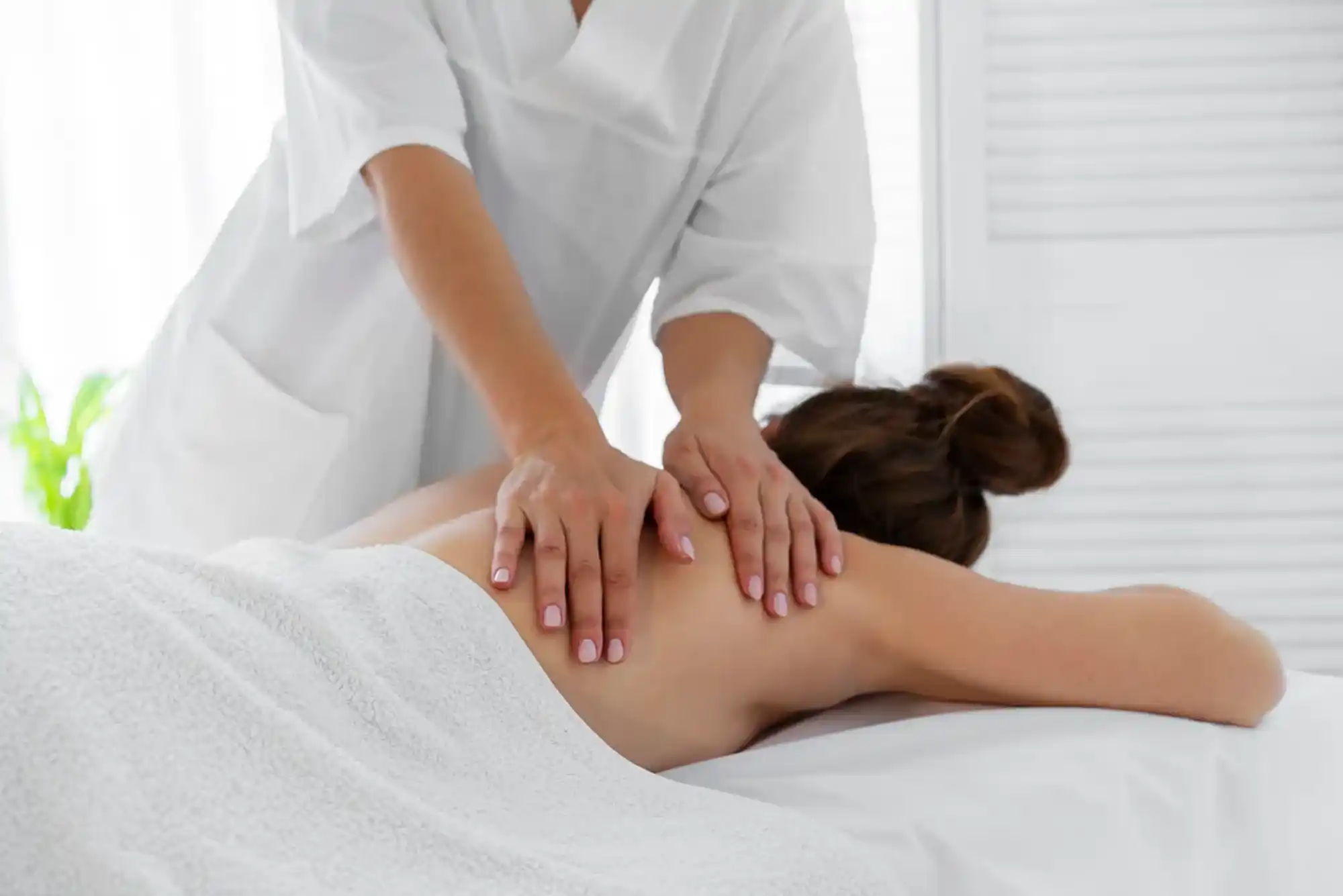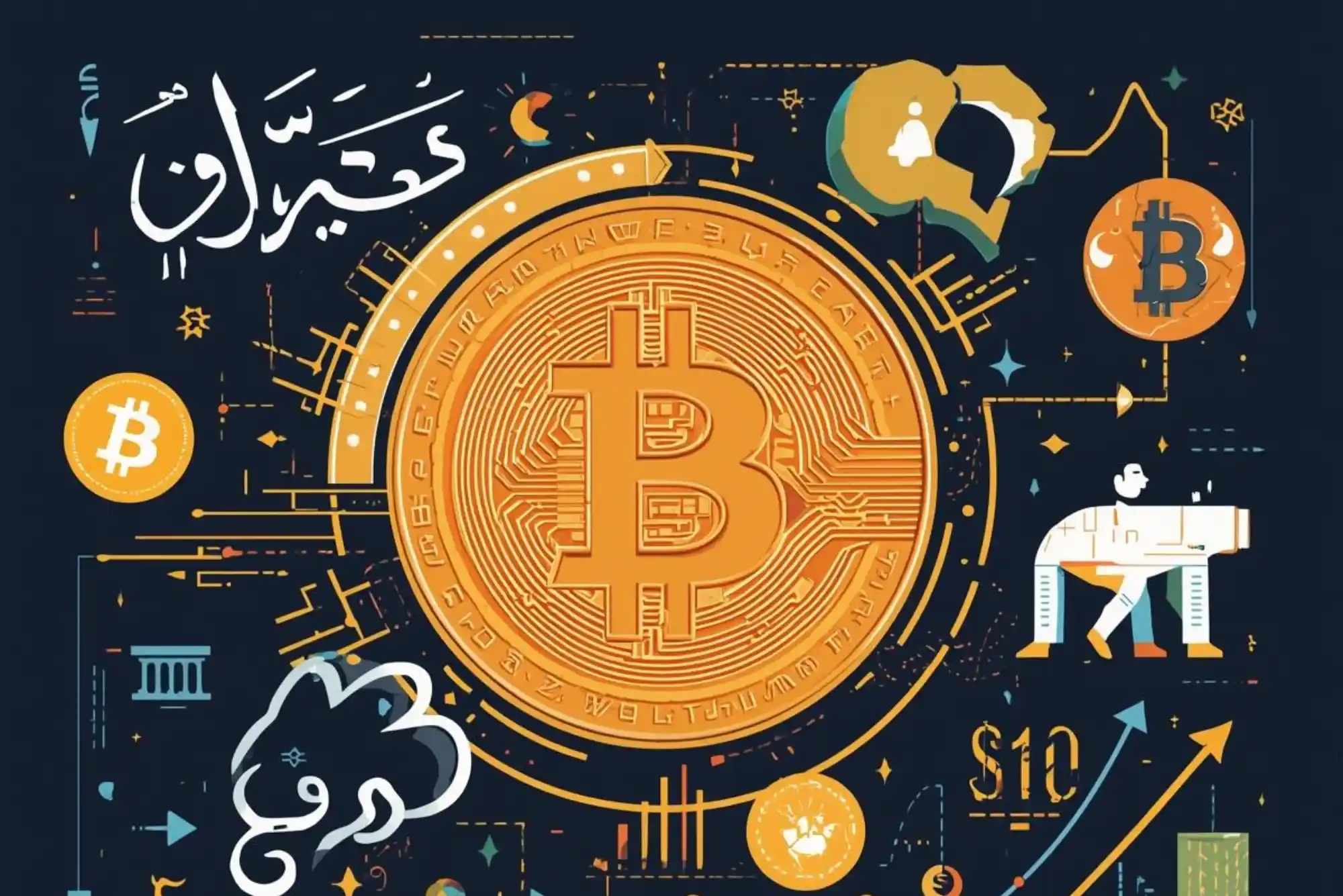There’s something incredibly comforting about booking a home massage in Dubai. You don’t have to battle traffic, hunt for parking, or sit in a busy lobby. Instead, you can enjoy a professional massage in the comfort of your own living room, bedroom, or even poolside terrace—because yes, that’s how Dubai does wellness.
But once you’ve selected the service and set the mood with candles and a Spotify playlist, a question often lingers: How do I pay?
It might seem like a minor detail, but for many people (especially those new to wellness services at home), knowing the payment options for home massage Dubai services is essential. It’s about safety, convenience, and making sure your experience is seamless from booking to bliss.
In this article, I’ll walk you through the main payment options available, explain how each one works, and offer practical tips to make your next booking as smooth as the massage itself.
Understanding How Home Massage Services Operate in Dubai
Before diving into payment methods, it helps to understand how home massage Dubai services are usually structured. Most of these services operate through either:
- Licensed wellness centers that offer home visits
- Independent therapists (freelancers or small teams)
- Mobile spa platforms or aggregator apps
Each of these may offer slightly different payment methods, depending on their business model and the regulations they follow. Dubai has strict licensing requirements for massage therapy, so always ensure you’re booking through a licensed provider, especially when inviting someone into your home.
Cash on Delivery: Still Popular, But With Limitations
Despite Dubai’s rapid digital transformation, cash on delivery (COD) remains a widely accepted payment method—especially for personal services like massages at home.
If you’re booking through a wellness center or mobile app that supports cash, you’ll usually be asked to prepare the exact amount at the time of service. Some therapists might carry change, but it’s considered good etiquette (and safer) to hand over the correct amount in an envelope or cash pouch.
Pros of Cash Payment
- No need to share card details or bank info
- Works well if you don’t have local cards or mobile wallets
- Easy for tipping—just hand over extra cash at the end
Cons of Cash Payment
- Not ideal for last-minute bookings if you don’t have cash on hand
- Some services are now phasing it out due to hygiene and safety concerns
- Less traceable in case of disputes (unless you get a receipt)
Many providers will still offer cash as an option, but it’s becoming less common, especially with the rise of app-based platforms.
Credit and Debit Cards: The Default for Most Users
Most professional home massage Dubai platforms and wellness centers now support card payments—either at the time of booking (online) or through a mobile POS machine when the therapist arrives.
If you book through an app or website, you’ll usually be required to pay in advance using your Visa, Mastercard, or local debit card. The process is straightforward and very similar to any e-commerce transaction.
Some freelance therapists also use mobile POS systems provided by banks like Emirates NBD or Mashreq, or fintech providers like PayTabs and PayFort. These handheld devices allow you to tap or insert your card on the spot, which adds a layer of flexibility and security.
Advantages of Card Payments
- Secure and traceable
- Works well for international customers or expats
- Usually required for booking promotions or packages
- Many providers offer e-receipts automatically
Things to Keep in Mind
- Make sure your card is activated for UAE transactions (especially if you’re using an international card)
- Some platforms may put a temporary hold (pre-authorization) before confirming the booking
- If you cancel late, check the refund policy—card refunds can take 3–7 business days
Card payments are by far the most widely accepted method, especially with established wellness centers and mobile apps. It’s also the easiest way to book in advance and secure your preferred time slot.
Mobile Wallets: The Fastest Growing Trend
Dubai is embracing cashless technology at lightning speed, and mobile wallets are leading the charge. Many home massage Dubai services now accept Apple Pay, Google Pay, Samsung Pay, and local wallets like PayBy and Careem Pay.
If you’re someone who prefers using your phone for everything—from groceries to ride-hailing—this option is ideal. It’s fast, contactless, and doesn’t require entering card details repeatedly.
Most platforms that accept mobile wallets will show the option during checkout. If you’re booking directly through a therapist or smaller provider, you can ask if they accept wallet-to-wallet transfers or QR payments.
Why Mobile Wallets Are Worth Considering
- No need to carry physical cards or cash
- Transactions are encrypted and secure
- Instant confirmation and receipt
- Great for recurring bookings—you can just tap and confirm
A Quick Tip
Make sure your wallet is linked to a UAE-issued card or account. Some international cards may not work with local mobile wallets unless they’re supported by UAE banks.
Bank Transfers and IBAN Payments: For Regular Clients
If you’re someone who books home massage Dubai sessions regularly—say, weekly or bi-weekly—you might find it easier to pay via bank transfer.
Some freelance therapists and wellness centers will give you their IBAN number so you can transfer the amount directly. This method is often preferred by clients who:




